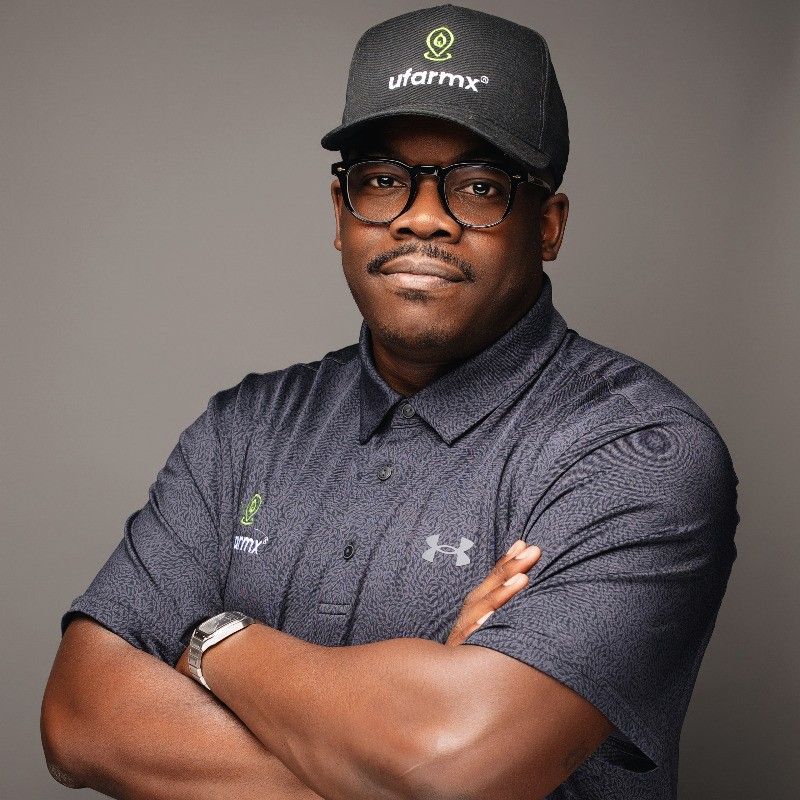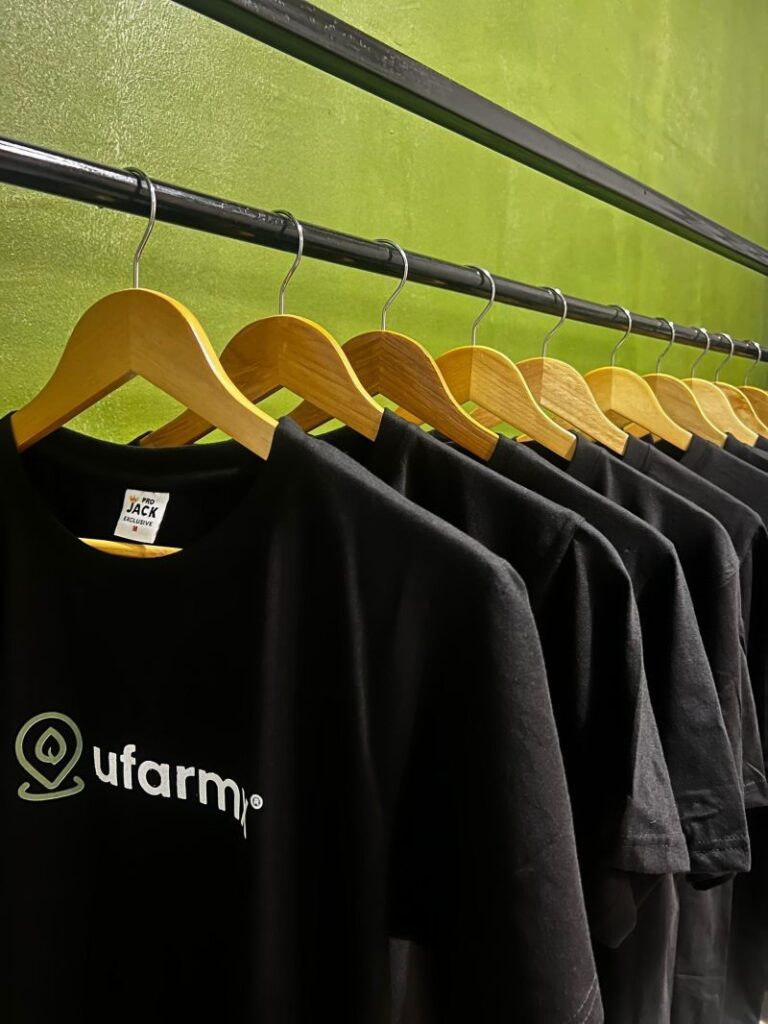
When Alexander Zanders first set foot on the sunbaked soil of a Northern Nigerian farm, he wasn’t there to “help.” He was there to listen.
What he found wasn’t poverty. It was power—unrecognized, under-leveraged, and systematically excluded from the formal economy.
Zanders, a systems thinker with a Wall Street background and a deep belief in equitable economies, is the founder of UfarmX®, a venture-backed agri-fintech startup that made headlines as a Techstars ‘24 portfolio company. But his story—and that of UfarmX—isn’t about tech alone. It’s about reframing the way the world sees African farmers.
From Wall Street to Farmgate
Before founding UfarmX, Alexander Zanders had spent a decade watching global capital flow—from hedge funds to sovereign wealth—and grew increasingly frustrated at how little of it ever touched the people who fed the world.
“Agriculture was always framed as a charity case in Africa,” Zanders recalls. “But I saw smallholder farmers doing with two acres what some Western farms couldn’t achieve with a hundred. They didn’t lack ability. They lacked access.”
So he moved. Literally. From the financial centers of New York to the farmland of Ghana, Kenya, Nigeria—Zanders embedded himself in farming communities, visited cooperatives, sat in local markets, and built relationships that transcended aid models and empty buzzwords.
The UfarmX breakthrough: platform, not pity
UfarmX was born with one mission: to build the digital rails for agriculture in Africa—not through handouts, but through access to what farmers actually need to thrive:
- Real-time data tools that help farmers know when to plant, irrigate, harvest, and store.
- Credit scoring models that turn mobile transactions and planting behavior into bankable profiles.
- A blockchain-backed marketplace that connects farmers directly to buyers, skipping exploitative middlemen.
- And perhaps most powerfully, a recognition framework—a digital identity system that treats African farmers like the entrepreneurs they are.
Zanders insists: “You can’t finance what you can’t see. And for too long, the African farmer has been invisible to modern markets.”

The pedigree behind the passion
Zanders’ credibility comes not just from field time, but from a rare blend of elite education, tech savvy, and deep African ties. He holds advanced degrees in economics and engineering, has built quant models for Fortune 500 companies, and comes from a lineage of African entrepreneurs who weathered structural inequality to build lasting businesses.
But perhaps what sets him apart most is his refusal to speak about farmers. At UfarmX, farmers have equity in the platform. They vote on changes. They contribute data. They co-create.
“It’s not enough to be the bridge,” he says. “You must be accountable to both sides of it.”
Aid is temporary. Infrastructure is forever
The narrative Zanders is rewriting isn’t subtle. It’s structural.
Every time we speak about African agriculture, someone inevitably says:
‘How do we help these poor farmers?’
But here’s the truth:
They’re not poor. They’re excluded.
He shares stories of women who grow more food on 2 acres than some industrial farms, of youth who can code, trade, and till in the same day. These aren’t victims. They’re visionaries.
UfarmX is not out to save African farmers. It’s out to finally see them.
And in Zanders’ words, “Respect begins with recognition. Recognition begins with infrastructure.”
The future of farming is African
With its recent Techstars backing, UfarmX is scaling fast—pilots in three countries, new credit partnerships, and a growing suite of AI-powered tools designed specifically for the African agricultural context.
Zanders dreams of a future where every African farmer has a digital footprint, a market channel, a financial identity—and a seat at the global agricultural table.
Not as a project. As a partner.
Because, as UfarmX is proving, African farmers never needed saving.
They needed systems.
And now, it’s work in progress.
Numeris Media is official Media Partner to GITEX Nigeria x AI Everything Nigeria
[03 – 04 September, 2025 – Lagos]
